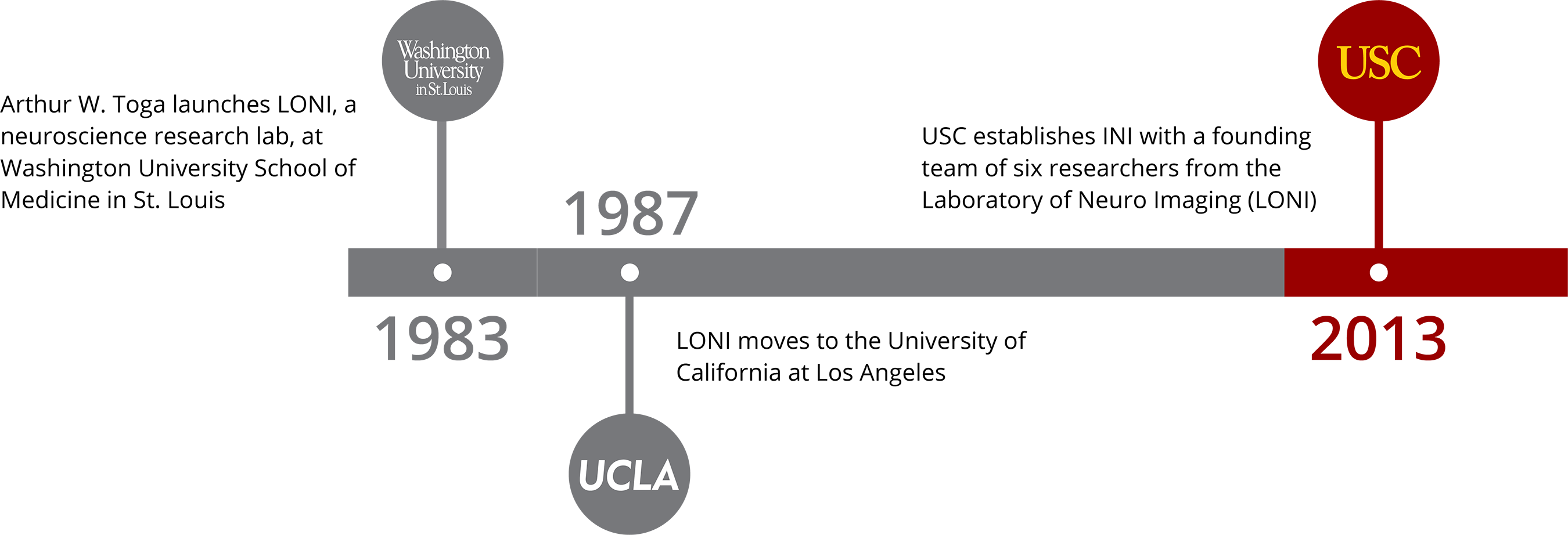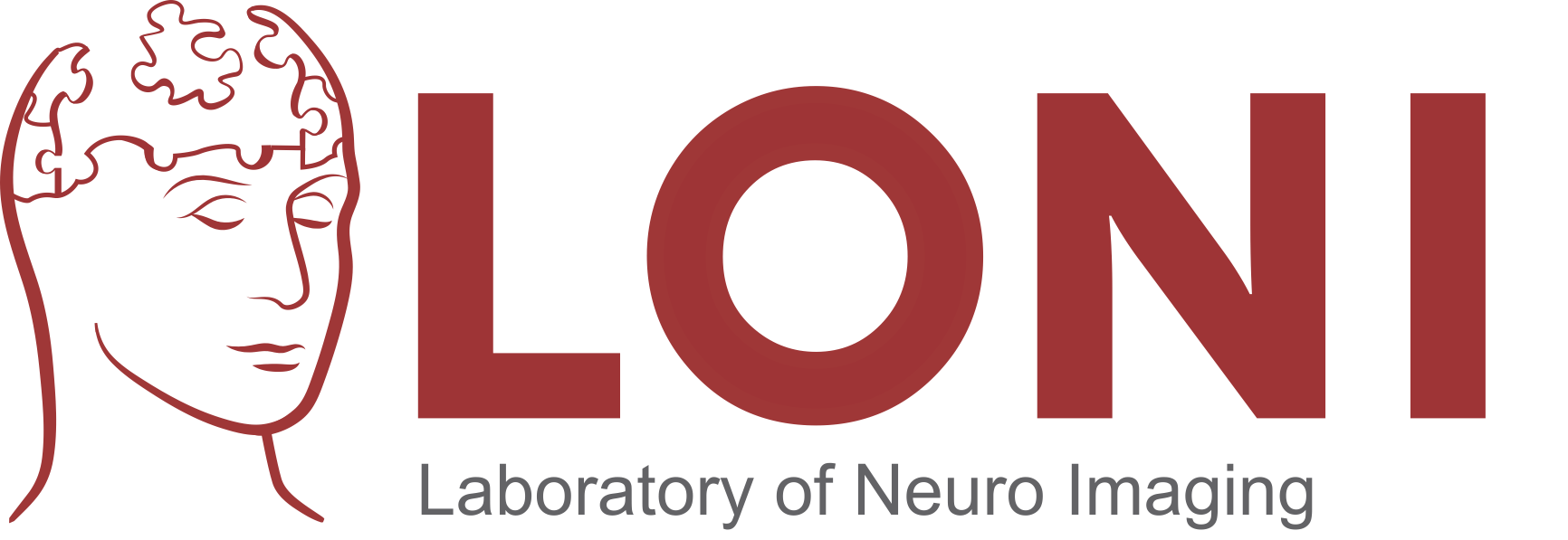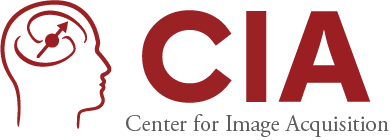STEVENS INI
at the University of Southern California
The USC Mary and Mark Stevens Neuroimaging and Informatics Institute applies innovative imaging and information technologies to the study of the brain. We collect and analyze imaging, genetics, clinical, and behavioral data to better understand the brain’s role in human health, disease, and changes across the lifespan.
The INI houses the Laboratory of Neuro Imaging, along with the Imaging Genetics Center, Center for Image Acquisition, and Center for Integrative Connectomics. Explore the links below to learn more.
Our Mission
Mapping the brain -
We’re using advanced imaging technologies and techniques to create the world’s most detailed map of connections inside the brain.
Understanding disease -
By combining data from clinical, behavioral, genetics, and imaging studies, we seek to answer key questions about what can go wrong in the brain and learn how to prevent or reverse the damage.
Developing shareable tools -
We design our experimental protocols, software, and analytical tools to be shared with the larger research community. Our team has also helped revolutionize data sharing by creating public archives that facilitate worldwide collaboration.
Training new leaders -
Our one-year M.S. program in Neuroimaging and Informatics prepares scientists for rewarding careers in biomedicine. We also offer a series of workshops, seminars, and online educational tools to train researchers in the latest imaging and informatics technology.
Originally established as a research laboratory at Washington University School of Medicine in St. Louis, LONI has more than three decades of expertise in studying the brain.

LONI uses cutting-edge imaging technology, including Siemens Magnetom Terra 7T and Prisma 3T MRI scanners, to collect images of the brain. We look at the structure, function, and connectivity of the human brain in healthy individuals across the lifespan. Our researchers also study patients with neurodegenerative disorders such as Alzheimer’s and Parkinson’s Diseases and psychiatric disorders such as schizophrenia, depression, and ADHD. We aim to find biomarkers that can be used to identify at-risk populations. By developing a more comprehensive picture of the brain, we can contribute to finding treatments and cures for some of the world’s most debilitating disorders.
Learn more about our research
Read more about LONI's collaboration with Formal Collaborators
Facility Highlights
- Magnetic Resonance Imaging Scanners
- Siemens Magnetom Prisma 3 Tesla
- Siemens Magnetom Terra 7 Tesla
- Learn more
- Noninvasive Brain Stimulation Center
- Transcranial Magnetic Stimulation
- Transcranial Electrical Stimulation
- Transcranial Alternating Current Stimulation
- Transcranial Random Noise Stimulation
- Data Immersive Visualization Environment (DIVE)
- 50-seat, high defination interactive theater designed to facilitate visualization, discussion, and training
- Data Center







